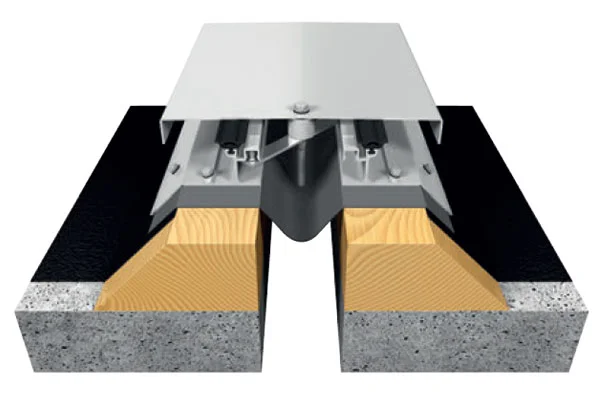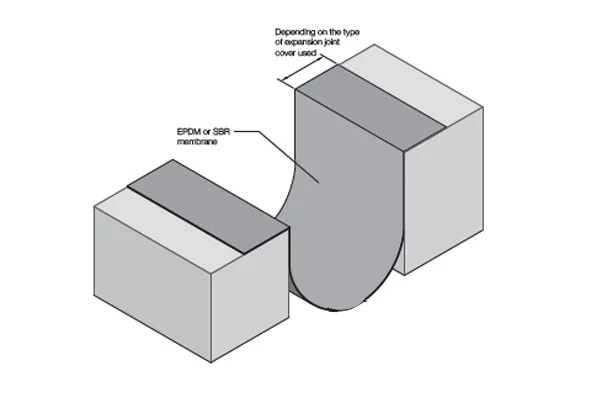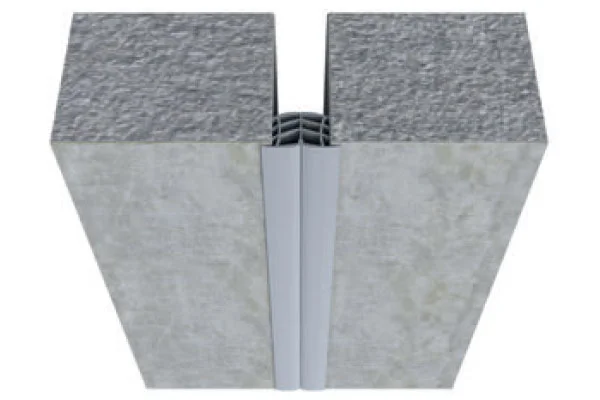Kraton recently announced that the company has joined the CERISEA Project, an initiative, led by Michelin and its subsidiary, to establish a manufacturing facility to accelerate the development of 5-HMF (5-Hydroxymethylfurfural).
Derived from sugar chemistry, 5-HMF is a biobased molecule that offers a renewable alternative to fossil-based ingredients used in industries such as coatings, adhesives, and surfactants. According to Kraton, the project marks the first industrial-scale production of 5-HMF in Europe. The project’s new French facility is expected to produce 3,000 tons annually. Scheduled for completion in March 2029, the project has received $20 million in funding from the EU’s Horizon Europe Research & Innovation Program and the Circular Bio-based Europe Joint Undertaking.
Kraton is among 12 entities selected to participate. The company has been awarded a share of the grant to support the project’s research and development efforts focused on commercializing 5-HMF and converting it into high-performance, sustainable materials for new applications.
Kraton is the inventor of styrenic block copolymers (SBC) and reportedly the world’s largest producer of pine chemicals; the company has a long-standing legacy of creating sustainable, high-performance products. Its portfolio features a diverse range of biobased solutions, including REvolution™ Technology, SYLVATRAXX™, and SYLVACOTE™, designed to enhance sustainability and performance across applications including adhesives and coatings.
Learn more about Kraton at kraton.com.
Read more news articles about advancements in bio-based materials on ASI’s Sustainability topics page.







